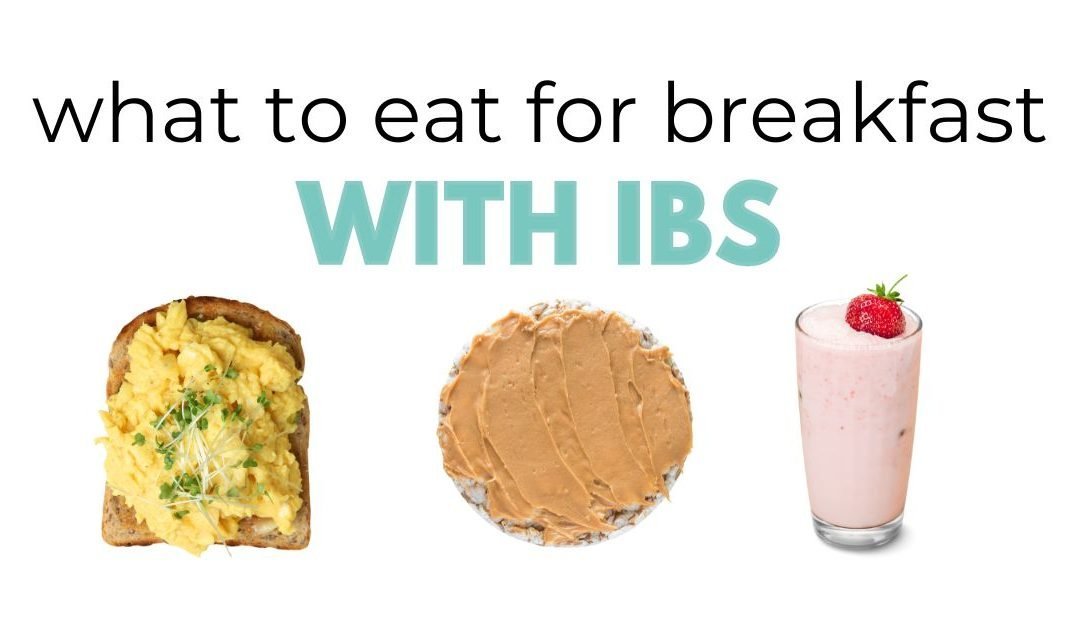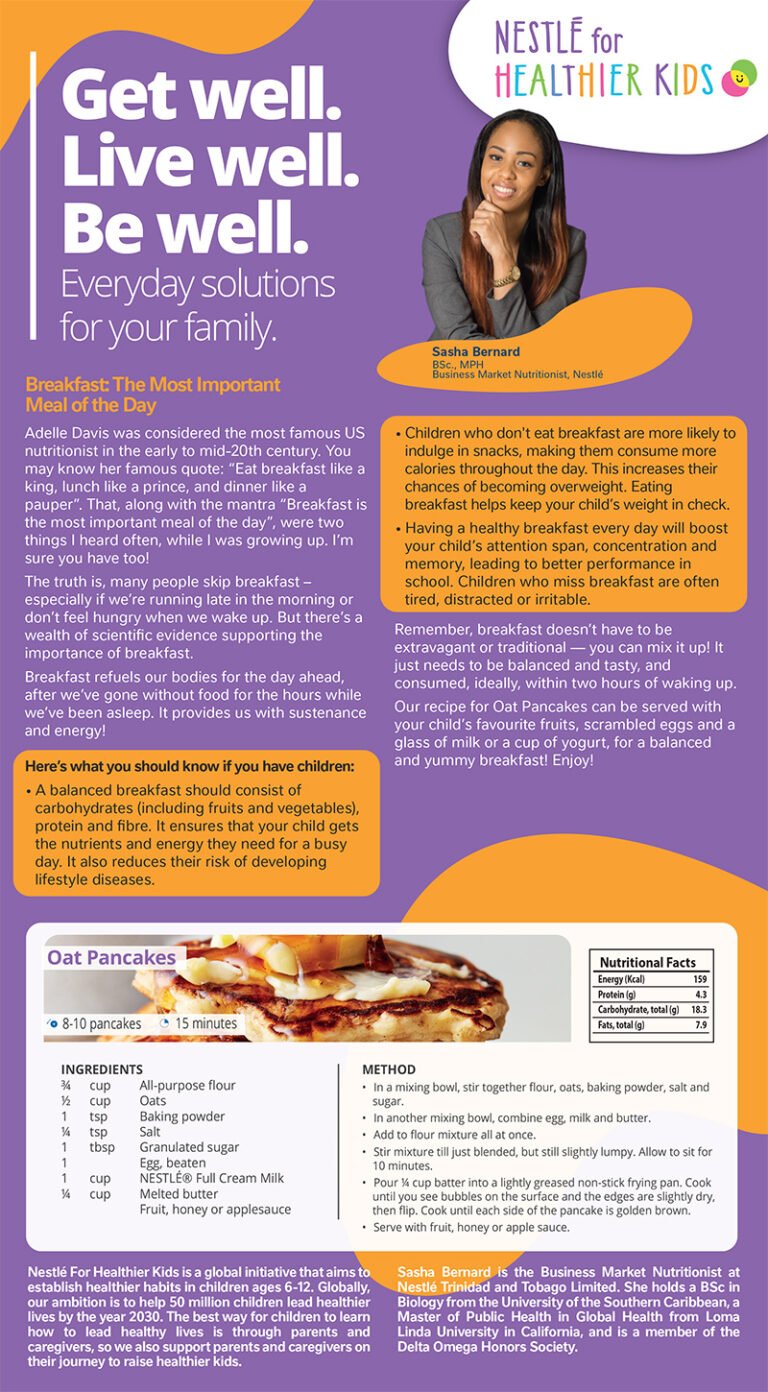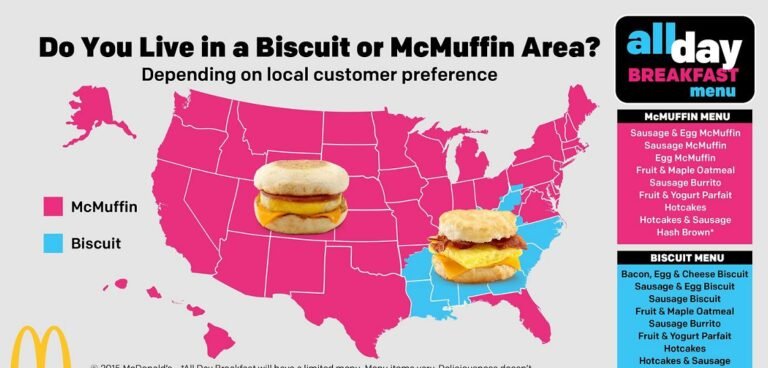What to Eat for Breakfast With IBS Flare Up: Top Soothing Choices
Living with Irritable Bowel Syndrome (IBS) can be challenging. During a flare-up, choosing the right foods is essential. Breakfast is the most important meal of the day. It sets the tone for how you feel. In this article, we will explore what to eat for breakfast during an IBS flare-up.
Understanding IBS
IBS stands for Irritable Bowel Syndrome. It is a common digestive disorder. People with IBS experience symptoms like stomach pain, bloating, and irregular bowel movements. These symptoms can be triggered by certain foods. Therefore, it is crucial to choose breakfast foods that are gentle on the stomach.
Best Breakfast Foods for IBS Flare-Ups
When experiencing an IBS flare-up, it is important to eat foods that are easy to digest. Here are some breakfast options that can help you manage your symptoms:
1. Oatmeal
Oatmeal is a great choice. It is rich in soluble fiber, which helps to regulate digestion. Make sure to choose plain oatmeal. Avoid adding too much sugar or artificial sweeteners.
2. Smoothies
Smoothies can be soothing and nutritious. Use low-FODMAP fruits like bananas, blueberries, and strawberries. Add a small amount of spinach for extra nutrients. Avoid high-FODMAP fruits like apples and pears.
3. Eggs
Eggs are a good source of protein. They are easy to digest. You can have them boiled, scrambled, or poached. Avoid frying them in too much oil.
4. Rice Cakes
Rice cakes are light and easy on the stomach. You can top them with a small amount of peanut butter or lactose-free cheese.
5. Yogurt
Choose lactose-free yogurt. It contains probiotics that are good for your gut. Avoid yogurts with added sugars.
6. Gluten-free Toast
Gluten-free toast is a good option. You can spread a little avocado or lactose-free butter on it.

Credit: integrishealth.org
Foods to Avoid During an IBS Flare-Up
Some foods can make IBS symptoms worse. It is best to avoid them during a flare-up. Here are some foods to steer clear of:
1. High-fodmap Foods
High-FODMAP foods can trigger IBS symptoms. These include apples, pears, and onions.
2. Dairy Products
Many people with IBS are lactose intolerant. Avoid milk, cheese, and ice cream.
3. Fried Foods
Fried foods can be hard to digest. They can cause stomach pain and bloating.
4. Caffeine
Caffeine can stimulate the gut. This can lead to diarrhea and cramps. Avoid coffee and tea with caffeine.
5. Artificial Sweeteners
Artificial sweeteners can cause digestive issues. Avoid foods and drinks with sweeteners like sorbitol and aspartame.

Credit: www.everydayhealth.com
Tips for Managing IBS Symptoms
Managing IBS is not just about what you eat. Here are some tips to help you manage your symptoms:
- Eat small, frequent meals. This can help your digestive system.
- Drink plenty of water. Staying hydrated is important.
- Keep a food diary. This can help you identify trigger foods.
- Exercise regularly. Physical activity can aid digestion.
- Reduce stress. Stress can worsen IBS symptoms.
Sample IBS-Friendly Breakfast Menu
Here is a sample breakfast menu for an IBS flare-up:
| Day | Breakfast |
|---|---|
| Monday | Oatmeal with blueberries |
| Tuesday | Banana smoothie with spinach |
| Wednesday | Scrambled eggs with gluten-free toast |
| Thursday | Lactose-free yogurt with strawberries |
| Friday | Rice cakes with peanut butter |
| Saturday | Boiled eggs with avocado |
| Sunday | Smoothie with banana and blueberries |
Frequently Asked Questions
What Are The Best Breakfast Foods For Ibs?
Oatmeal, lactose-free yogurt, and scrambled eggs are gentle on the digestive system.
Can I Eat Fruits For Breakfast With Ibs?
Yes, low-FODMAP fruits like bananas, strawberries, and blueberries are good options.
Is Toast Suitable For Ibs Flare-ups?
Yes, gluten-free toast with a light spread of nut butter is ideal.
Should I Avoid Dairy During Ibs?
Yes, opt for lactose-free or plant-based milk and yogurt to prevent discomfort.
Conclusion
IBS flare-ups can be tough to manage. Choosing the right breakfast foods can make a big difference. Stick to gentle, easy-to-digest foods. Avoid high-FODMAP foods, dairy, and fried foods. Follow our tips and sample menu to help manage your symptoms. Remember, everyone’s body is different. Pay attention to how your body reacts to different foods. Consult with a healthcare professional if needed. With the right choices, you can enjoy a healthy breakfast and feel your best.





